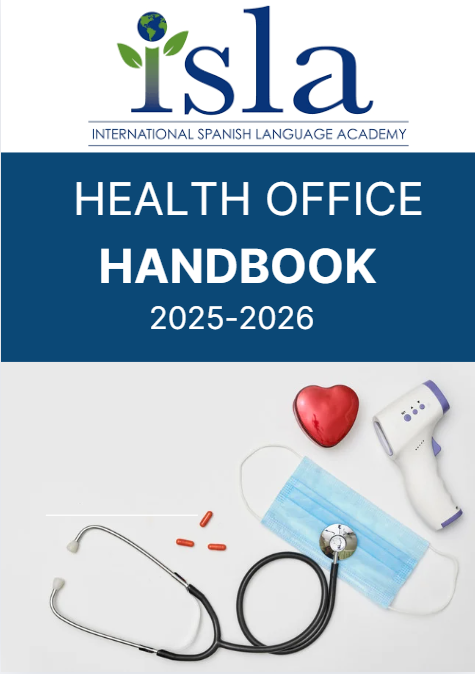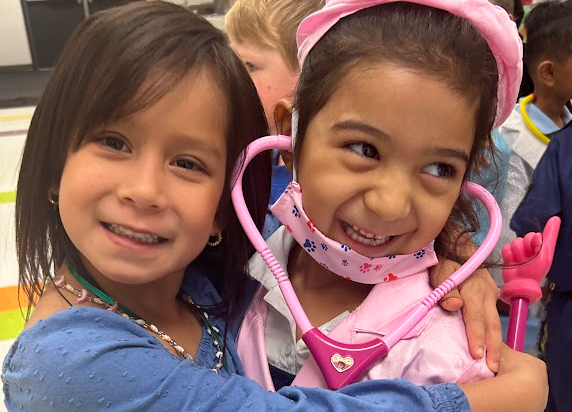Check the Infectious Disease Strategies page for the latest guidelines on ISLA's strategy, prevention, and management of infectious diseases.
Health Services at ISLA
Please see below for full information related to Health Services, personnel, and policies.
Health Office Handbook

Health Care Access
Families who do not have access to insurance can work with our school social worker to apply for state-supported health care. More information is available:
Apply for Medical Assistance
Early Childhood Screenings
Screening is a quick, no-cost check to identify possible health or developmental concerns in infants
and young children who may need a health assessment, mental health assessment or educational
evaluation. The Early Childhood Screening program includes vision and hearing, height and weight,
immunization review, review of health care coverage, risk factors which may impact learning, large
and small muscles, thinking, language and speaking skills as well as parent report of social
emotional development, and a parent summary meeting. Early Childhood Screening (ECS) by a
school district or evidence of a comparable screening by a non-school provider is required for
entrance in Minnesota’s public schools.
Non-school providers who can provide comparable screenings include Head Start, Child and Teen
Checkups/Early and Periodic Screening, Diagnostic and Treatment (EPSDT) or your health care
provider. Screening must take place between age 3 and kindergarten, or within the first 30 days of
kindergarten or first grade. Screening between the ages of 3 and 4 provides the best opportunity for
any health or developmental concerns to be found early.
The screening is also required within the first 90 days of attendance (if not done previously) for the
following early learning programs: School Readiness, school readiness plus, voluntary
prekindergarten (VPK) and early learning scholarships. Early Childhood Screening is offered
throughout the year by local school districts. Please call your local school district to
schedule a screening for your child.
If a parent is a conscientious objector or does not want the screening for their child, they may give
the district a signed statement and the child does not need to complete the screening (Minnesota
Statutes, Section 121A.17, Subdivision 3(e). View Minnesota Statutes, sections 142D.09-142D.093
and Minnesota Rules, part 3530.3000-4310 for more information.

Lead Testing Plan and Results
The ISLA facilities committee conducts biennial testing of its water, surpassing the state requirement
of testing water every five years. The last test on 9/7/2024 revealed lead in two faucets. Both tested
lead-free after flushing, and a flushing program was implemented until repairs could be made. The
faucets have since been replaced and are now officially lead-free as of 11/1/24. All drinking fountains tested free from lead. The tests also revealed absolutely NO evidence of 17 other parameters, including chlorine, copper, mercury, E-Coli bacteria, or Coliform.


